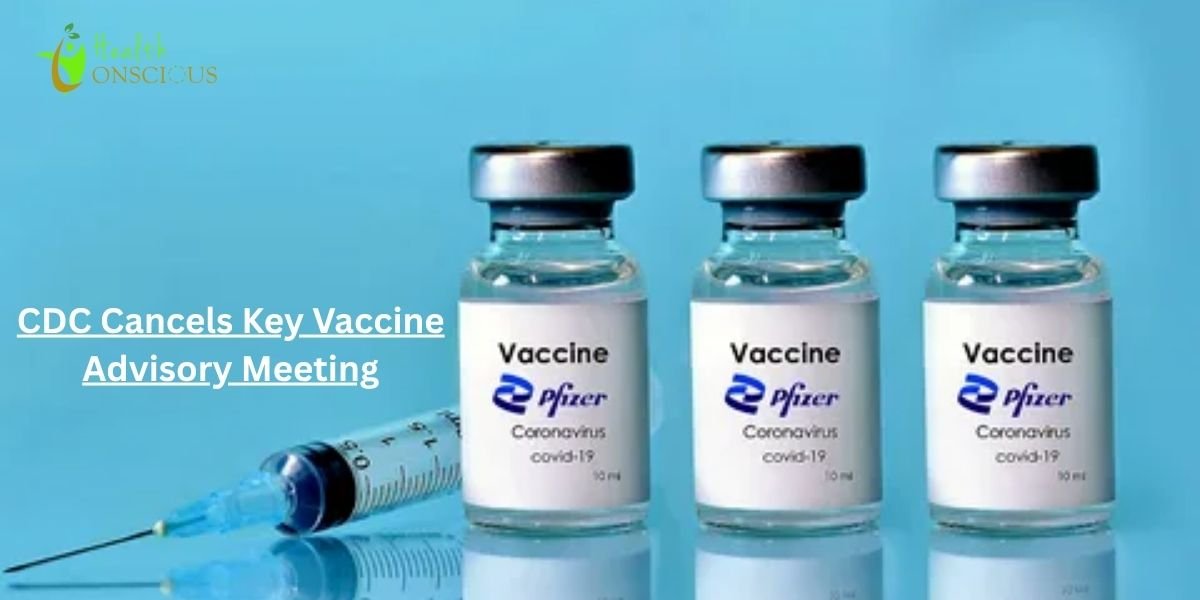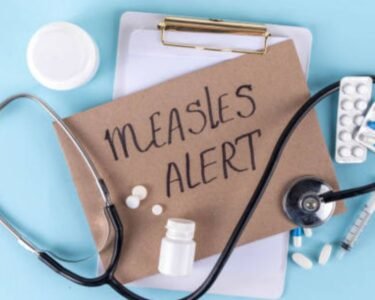A crucial meeting of the CDC’s Advisory Committee on Immunization Practices (ACIP), scheduled for October 22–23, has been canceled without explanation. The cancellation means that the U.S. childhood immunization schedule will remain unchanged — at least for now.
What Is ACIP and Why Does It Matter
The ACIP is a government advisory committee that reviews vaccine safety and effectiveness data. Its recommendations help the Centers for Disease Control and Prevention (CDC) set national vaccination guidelines and determine which vaccines are covered by insurance and federal health programs.
Traditionally, ACIP has been composed of highly qualified public health and medical experts who quietly shape vaccination policy. But since Robert F. Kennedy Jr. became Health Secretary, the committee has faced major upheaval.
Leadership Shake-Up and Rising Concerns
In June, Kennedy dismissed all 17 ACIP members, alleging conflicts of interest, and appointed new members aligned with his own views. Many of these appointees reportedly have limited expertise and share anti-vaccine beliefs similar to those promoted by Kennedy.
The newly formed committee has met twice this year — in June and September — and both sessions were marked by confusion and controversial decisions.
- In June, ACIP reversed its recommendation for flu vaccines containing thimerosal, citing debunked claims linking the preservative to autism.
- The panel also hinted at a possible review of the entire childhood vaccination schedule, raising concerns among public health experts.
- In September, ACIP temporarily withdrew support for the MMRV vaccine (for measles, mumps, rubella, and chickenpox) before later reinstating it.
- The committee also attempted to restrict access to COVID-19 vaccines by suggesting prescription requirements — something it lacks the authority to enforce.
Another controversial moment came when the panel nearly voted against recommending the hepatitis B vaccine for newborns, a safe and essential shot that prevents chronic infection. The vote was halted only after several members admitted confusion about what they were deciding.
Growing Distrust and Independent Action
Public health organizations and several states are now creating their own evidence-based vaccination guidelines, distancing themselves from ACIP’s recent decisions. Some insurance companies have also pledged to continue covering essential vaccines regardless of future federal recommendations.
What Happens Next
The CDC has not announced new dates for the next ACIP meeting, only noting that the “2025 meeting is to be determined.” The lack of clarity leaves both parents and healthcare providers uncertain about the future of U.S. vaccine policy.
As concerns rise over political interference in scientific decision-making, experts stress the importance of transparent, evidence-driven public health policies to maintain public trust in vaccinations.
Source: Originally reported by Beth Mole, Senior Health Reporter at Ars Technica.
Beth holds a Ph.D. in Microbiology from the University of North Carolina at Chapel Hill and specializes in public health and infectious disease reporting.
Originally published on Ars Technica.
Discover more from the latest news by Health Conscious:
- Do Classroom Air Purifiers Really Work? New Massachusetts Study Reveals Surprising Results
- First-Ever Ranking Reveals How Antidepressants Affect Physical Health
- New DNA Study Reveals the Ancient Mediterranean Roots of the ‘London Tube Mosquito’
- Contaminated Meat Responsible for High Percentage of UTIs, New Investigation Reveals.


